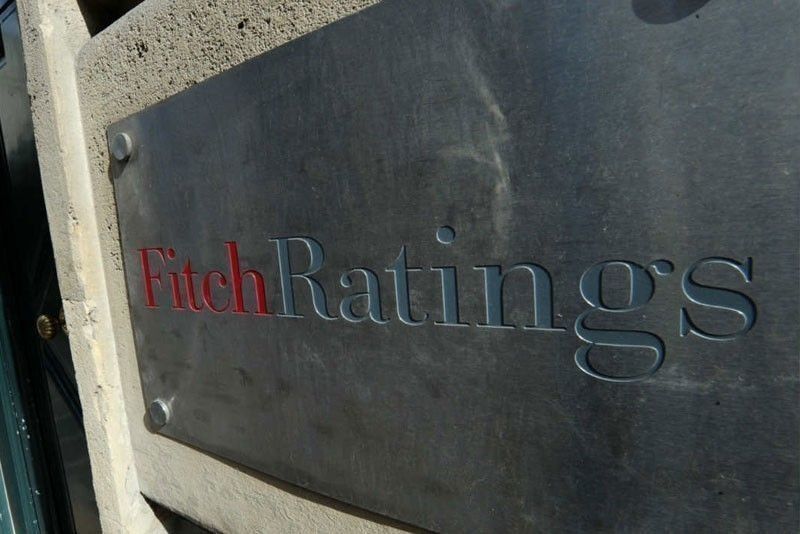Fitch sees smooth policy transition with Marcos win

MANILA, Philippines — Fitch Solutions Country Risk & Industry Research has raised the short-term political risk index score for the Philippines to 66.5 from 64 as the victory by presidential frontrunner Ferdinand “Bongbong” Marcos Jr. bodes well for policy continuity in the Philippines.
In a commentary, Fitch Solutions said that it expects little changes in policy direction, as well as a smooth transition to the Marcos administration from that of outgoing President Duterte.
“Marcos is likely to continue to focus on infrastructure development on the economic front, while striving to maintain a delicate balancing act between the US and China in terms of foreign policy,” it said.
Marcos continues to maintain a huge lead over outgoing Vice President Leni Robredo after Monday’s polls.
“Unofficial results showed that Marcos had won the May 9 presidential election with a landslide victory. It also marks the first time that a candidate has won by a majority since the 1986 People Power Revolution that toppled his father’s two-decade rule,” Fitch Solutions said.
Likewise, the unofficial count also showed that Sara Duterte-Carpio, daughter of outgoing President Duterte, had won the vice presidency with more than triple the votes of her nearest opponent.
Fitch Solutions had previously noted that Marcos is the continuity candidate as his economic and foreign policy stances are most similar to the outgoing Duterte administration.
“His election win therefore bodes well for policy continuity in the Philippines. Going forward, we expect the change in administration to result in only negligible changes to both economic and foreign policy direction,” Fitch Solutions said.
This prompted the research arm of the Fitch Group to raise the Philippines’ policy continuity subcomponent score in its short-term political risk index to 80 from 70.
While the soon to be proclaimed president has yet to reveal the members of his economic policy team, Fitch Solutions believes that Marcos would likely continue many of Duterte’s economic policies, particularly the Build Build Build program.
During the campaign period, Marcos also proposed setting up an oil price stabilization fund (OPSF) as a long-term solution to help consumers, rather than remove the excise tax on fuel imports as a means to lower oil prices.
Through his campaign website, Marcos also pledged to tackle runaway pork prices by aiding the hog-raising sector and decongest the roads in the Manila through modernization of the ferry transportation system along the Pasig River connecting Laguna de Bay to Manila Bay.
Lastly, Marcos also promised to promote renewables in an attempt to bring down the cost of electricity rates and to save the country’s environment and natural resources.
On the foreign policy front, Marcos has mostly echoed President Duterte’s stance on the dispute, stating his preference for bilateral negotiations and seeking a fishing agreement with China.
Marcos had previously stated that the Permanent Court of Arbitration’s July 2016 ruling in the Philippines’ favor against China – which Beijing rejected – was “not effective” and that a bilateral agreement with Beijing is the “only practical option.”
“Nevertheless, we believe that the Marcos administration will likely continue to prioritize the country’s economic interests and maintain a delicate balancing act between the US and China,” it said.
According to Fitch Solutions, Marcos has also committed to maintaining the nation’s relationship with the US as the military deals between the trading partners “are advantageous to both countries.”
- Latest
- Trending

























